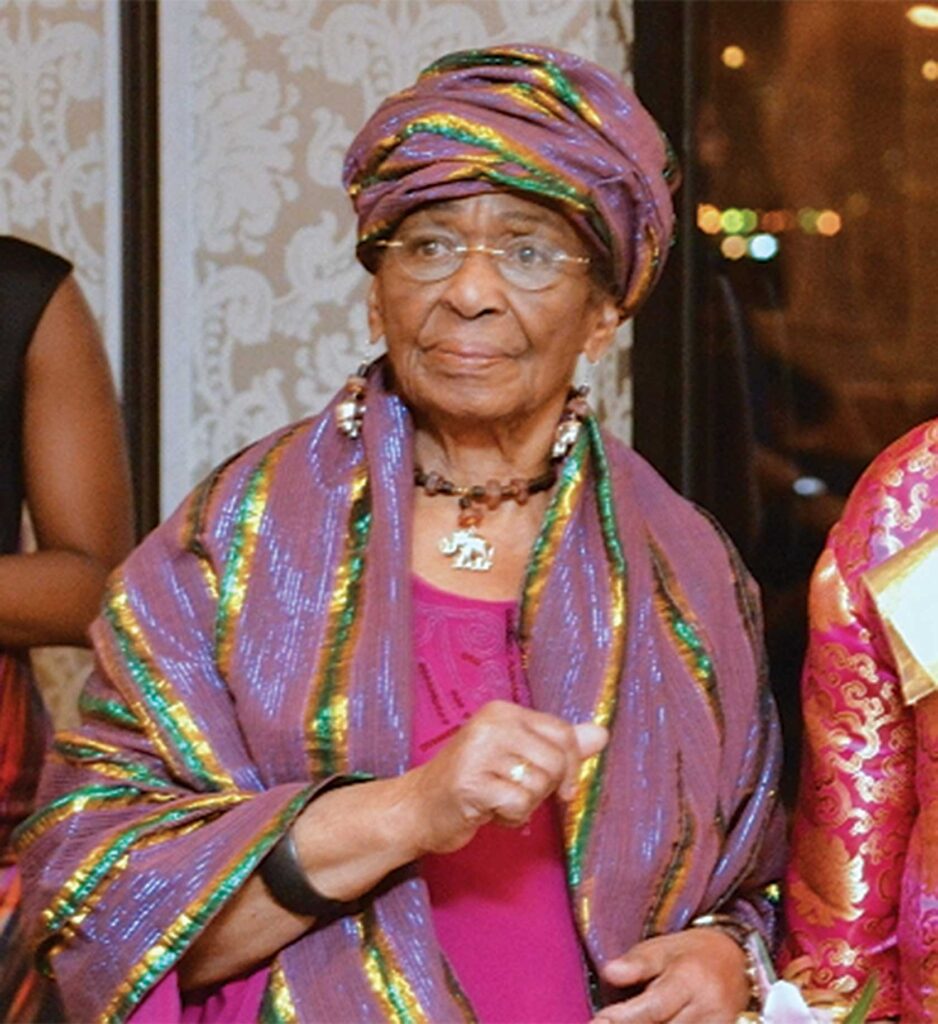
Three Boston city councilors of color have proposed the city create an office of Latino and Caribbean affairs to address the public health and welfare needs of those ethnic groups.
At-large Councilor Julia Mejia, District 4 Councilor Brian Worrell of Dorchester and District 5 Councilor Ricardo Arroyo of Hyde Park introduced an ordinance to establish the city office at the Council’s meeting Aug. 9.
“The City of Boston needs to ensure that we are addressing their needs and concerns and I believe that the best way that we can meet this moment and be responsive to this demand is through the creation of an office dedicated to researching the needs of this community and ensuring access to city services,” Mejia, who was born in the Dominican Republic, said during the meeting.
Latinos and Caribbeans make up a combined 30% of the city’s population. Many have needs that cannot be met by the Mayor’s Office of Immigrant Advancement because, for example, 40% of the city’s Latinos are Puerto Ricans, who are U.S. citizens.
Additionally, while Latino- and Caribbean-descended residents contribute to the city economically, culturally and socially, many face barriers to economic opportunities, poor health outcomes and quality of life issues.
“As a proud child of Caribbean immigrants, I understand firsthand the barriers that Caribbean families face,” said Worrell, whose parents emigrated from Barbados and Jamaica. “I do believe that we need to make more investments, a clear structure and guidelines here in the city of Boston to make sure that those policies and investments are making sure that everyone here in the city of Boston is set up to thrive.”
Arroyo, whose parents migrated from Puerto Rico, added during the meeting that since the late 1980s, more than 90% of population growth in Boston has been Latino or Caribbean.
“It’s a growing portion of our population,” he said. “They have, in that time, since the very first moments of their participation in the city of Boston, started businesses, been a large part of our Boston Public Schools and of our city services.”
City officials said they are committed to supporting Latino and Caribbean communities throughout Boston.
“Across city departments, including the Office of Neighborhood Services, the city partners with residents and organizations to ensure these communities are highlighted and connected with crucial services, resources and programs. We will continue centering the Latino and Caribbean experience in the city’s work to make Boston a place for everyone,” city officials said.
The creation of this office would require the mayor to appoint a director who would be in charge of developing and implementing policies designed to assist Latino and Caribbean residents, increase accessibility of city services and perform policy and program evaluation.
Mejia, in an interview with the Banner, said the idea for a new office sprang from a hearing earlier this year where community members expressed their concerns. Many said they struggle with navigating city services due to language barriers and experience a larger wealth gap compared to other racial and ethnic groups.
“Latinos and Caribbeans often feel like they’re an invisible minority because they really don’t have a space or place that sees them and their concerns,” she said.
Mejia added that the councilors’ goal is to pass legislation by the end of this legislative cycle in December, but it may take anywhere from six months to a year to take effect.
Beulah Providence is president and executive director of the Caribbean Foundation of Boston, which provides services to the elderly and physically challenged in Dorchester, Mattapan and Roxbury.
“We need good programs for education in this community,” she said. “We need different groups to be educated about each group so that people understand each other.”
Providence added she would like to see block parties where neighbors meet each other and get to know more about different communities and ethnic groups.
“We used to have a block party on weekends, and everybody would meet everybody,” she said.
Providence said many Caribbeans struggle with having a solid financial foundation and need assistance obtaining insurance and being homeowners.
“We have a new generation here now,” she said. “We need communication with the Latino and the Caribbean community. We need to come together in a meeting and discuss what it is they were thinking and we can build bridges instead of walls.”






